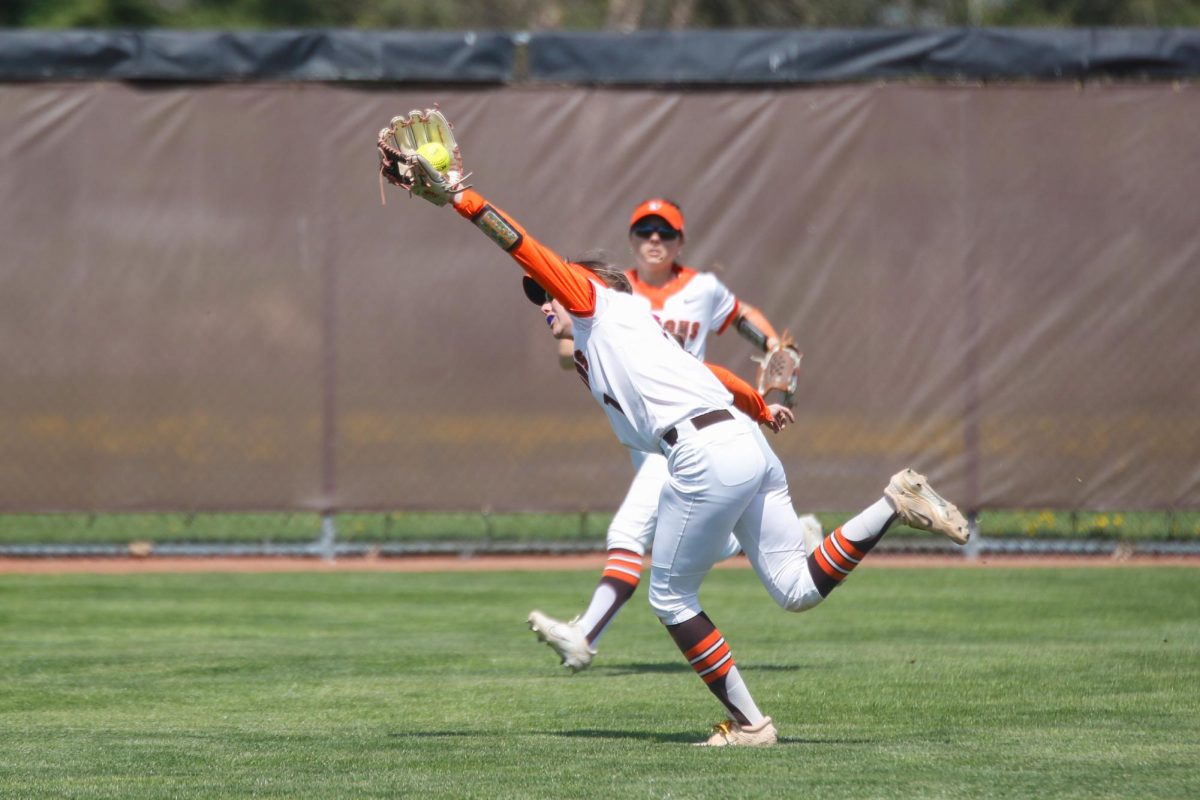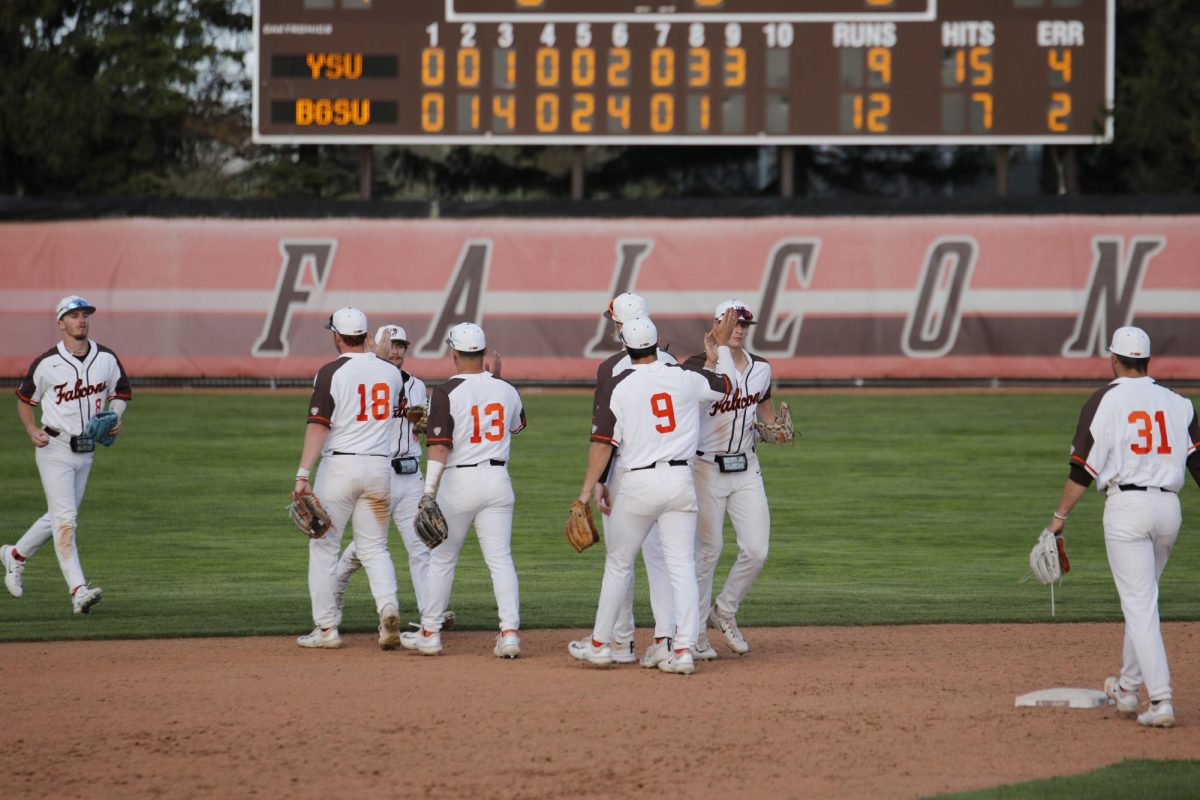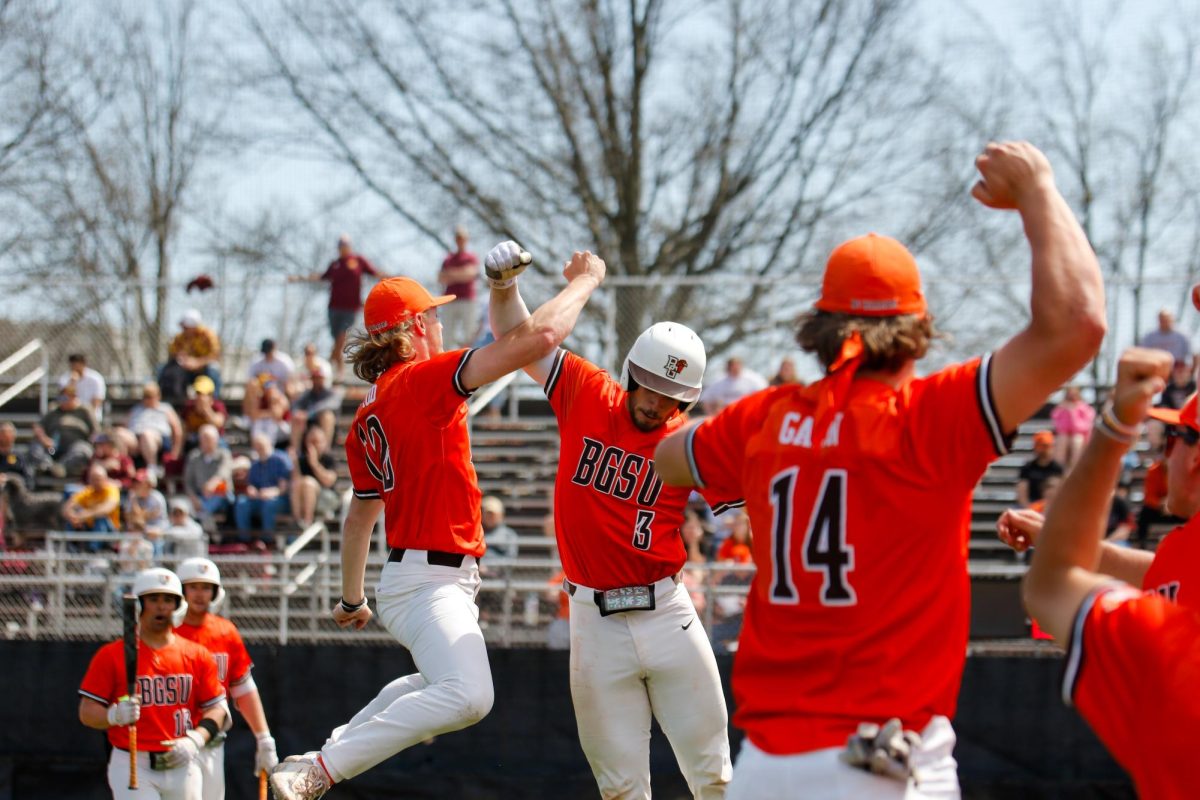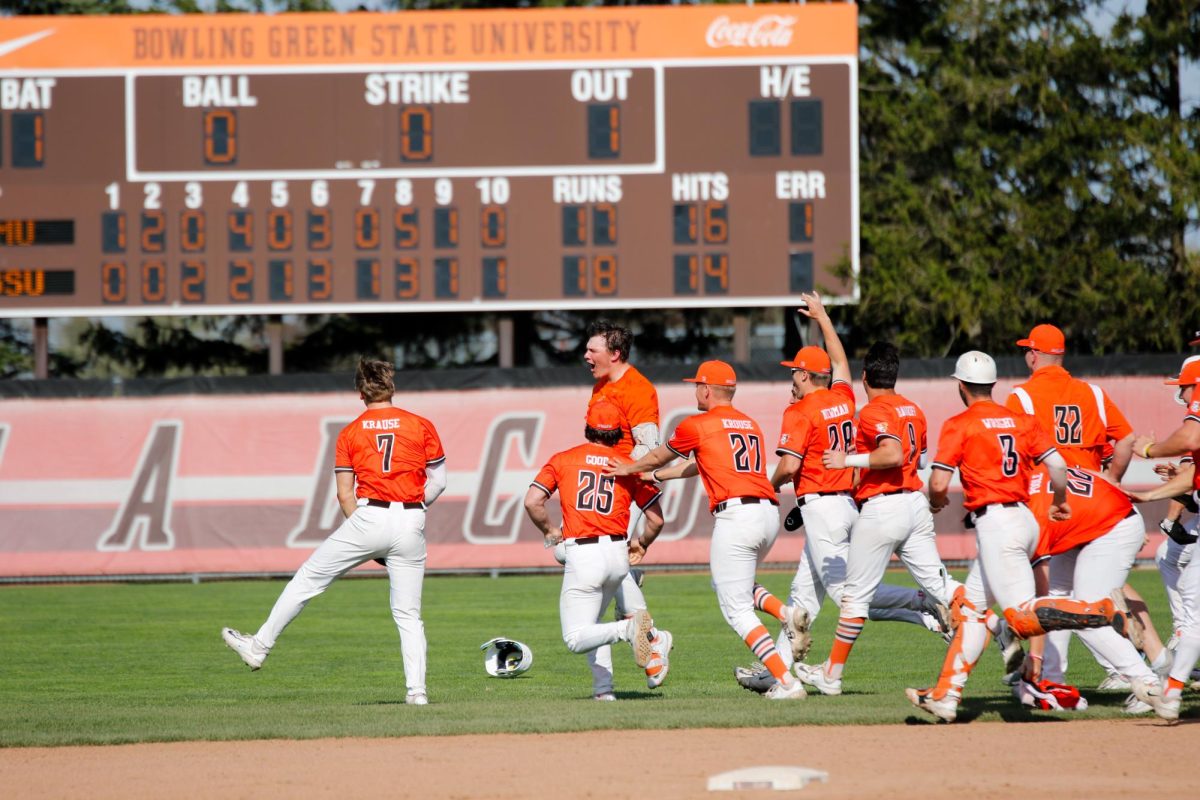While eating lunch in the Union last week, I noticed that Starbucks, partnering with the organization Autism Speaks, had outfitted their store with blue balloons for Autism Awareness Month.
The display made me feel, well, rather blue.
Many people think they are supporting the autistic community by donating to Autism Speaks, but they are actually being duped by an organization that does a considerable amount of harm to autistics (widely considered to be the preferred term over person first language, i.e. person with autism).
A Tumblr user with the username goldenheartedrose made an informative post about the organization that has garnered more than five thousand shares.
In it, she cites that not one of the organization’s board members is autistic and that it spends a mere 4 percent of their budget on “family services.”
She also points out that the organization perpetuates dangerous stereotypes and myths about autistics, as well as portraying them as burdens to society.
Unless one hasn’t researched the organizations they donate to (which is always a good idea), how could one possibly support Autism Speaks with good conscience?
Rose explains, “Autism Speaks is part of the problem; they create a stigma that makes it far more difficult for actual autistic people like myself to be heard, to have our opinions matter, and to fall anywhere outside of the ‘autistic angel’ and ‘screaming, violent, rocking in the corner autistic’ stereotypes.”
Selene DePackh, an autistic writer and artist, wrote in a column in about how dehumanizing Autism Awareness campaigns can be.
“We aren’t fragmented puzzles,” she says, referring to one of the many symbols of Autism Awareness campaigns, “we experience ourselves as complete humans; we’re capable of empathy, despite that terrible prejudice perpetuated by some diagnosticians. We do communicate, even if it takes a receptive, unbiased ear to hear us.”
DePackh mentions how afraid these campaigns have made people of autistics, pointing out how the perpetrators of tragedies such as the Sandy Hook Elementary shooting are suspected to be autistic as soon as the events make the news.
DePackh elaborates on the fear mongering of such campaigns, stating, “Autism Awareness is at a frenzy; we’re an ‘epidemic’ to be dealt with by aggressively working to eliminate autism and, for some, by extrapolation, autistics. We were described in recent congressional hearings as a crisis situation, tragedy, tsunami and, over and over, as a burden. Of those testifying before the committee, only two were autistic; we had to fight for even that much representation.”
It is clear from the accounts of actual autistics that we need to start listening up.
Everyone should understand and teach their friends and family members that autistics are not suffering from a disease, nor are they in need of a cure.
DePackh stresses that autism is not a disease, but rather, “a congenital variation in neurological structure – and a lot of us take pride in our difference.”
I urge you, if you are looking to donate your time and money to an organization benefiting the autistic community, to consider the Autistic Self Advocacy Network, Autism National Committee and Autism Network International instead of Autism Speaks.
These organizations are led by autistics for autistics to help get those in the community any support and services they may need.
“We can and do speak for ourselves, if we can be allowed to get a word in edgewise,” DePackh said.
It’s time for us to stop silencing and start listening.
Respond to Emily at





















